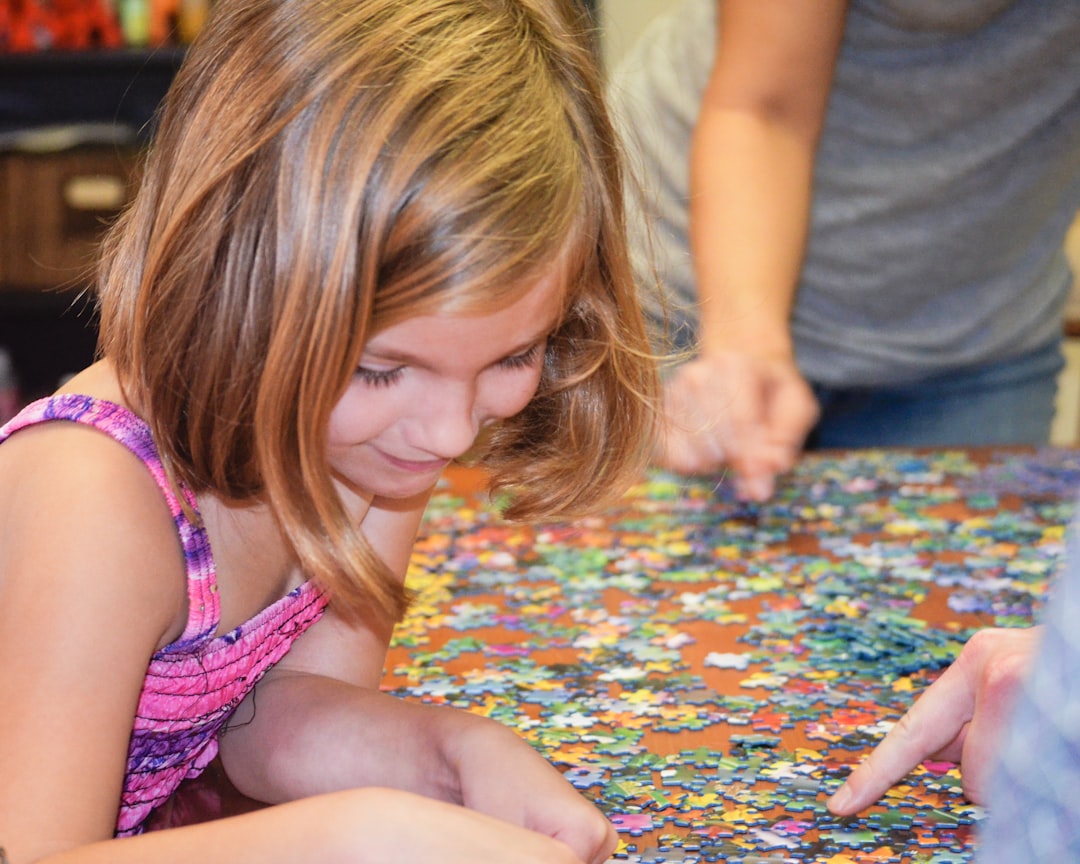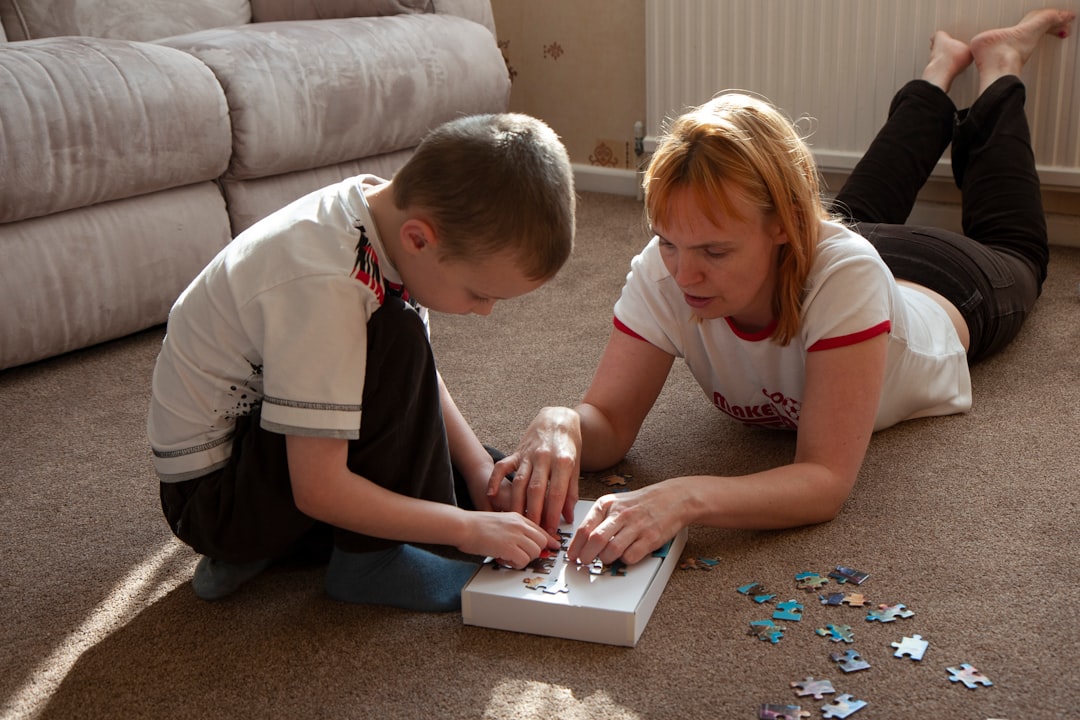Throughout history, the world has been fascinated by exceptional minds—from Leonardo da Vinci to Albert Einstein. But behind their legendary achievements often lies a common thread: a penchant for solving complex puzzles. Today, cognitive puzzles are not just brain-teasers for idle moments; they represent powerful tools used by educators, psychologists, and performance experts to enhance mental agility and promote sharper thinking.
In a world driven by rapid information processing and decision-making, the ability to think critically, creatively, and quickly is invaluable. Cognitive puzzles—ranging from logic problems and memory games to visual-spatial challenges—train the brain to think in structured and novel ways. They are, essentially, the mental gym for anyone looking to decode genius within themselves.
The Science Behind Puzzle Solving
When a person engages with a puzzle, multiple areas of the brain activate simultaneously. The prefrontal cortex, responsible for decision-making and planning, lights up as the mind navigates rules and possibilities. The parietal lobe, which helps with spatial orientation and perception, steps in during visual problem-solving. As connections form between these regions, neural pathways are reinforced, enhancing overall brain function.
Repeated exposure to challenging puzzles has been linked to improved working memory, pattern recognition, and creative problem-solving. In fact, a 2019 study by the University of Exeter and King’s College London discovered a strong correlation between frequent puzzle play and better cognitive performance in older adults.

Types of Cognitive Puzzles and Their Benefits
Each type of puzzle provides distinct advantages depending on the cognitive domain it targets:
- Logic Puzzles: Foster critical reasoning and deductive thinking. They’re often used in IQ tests and competitive exams.
- Spatial Puzzles (e.g., Tangrams, 3D puzzles): Enhance visualization and mental rotation skills crucial for fields like engineering and geometry.
- Word Puzzles (crosswords, anagrams): Improve verbal fluency and language processing.
- Memory Games: Boost recall ability and attention span, helping maintain mental sharpness with age.
Integrating a variety of these puzzles into daily routines allows the brain to experience wholesome cognitive development. With time, solving puzzles not only sharpens thinking but also builds mental stamina and emotional resilience—key traits of high achievers.
The Educational and Therapeutic Role
Institutions and therapists alike have begun to harness cognitive puzzles for their transformative qualities. In classrooms, they help nurture a love for learning while reinforcing problem-solving skills across subjects. Teachers often use them to cultivate metacognitive awareness—students learn how they learn, which can be as valuable as the content itself.
Meanwhile, therapists use puzzles as diagnostic and rehabilitative tools. Individuals with neurological impairments or recovering from brain injuries participate in puzzle-based cognitive therapy to regain functionality and adapt ways of thinking. These exercises can also serve as early detection tools for neurodegenerative conditions like Alzheimer’s.

Tapping into the Genius Within
Cognitive puzzles may not turn everyone into a Nobel laureate, but they definitely raise the bar of one’s intellectual capabilities. Just like regular physical exercise leads to visible health benefits, consistent mental stimulation through puzzles improves cognitive performance, regardless of age or profession.
Those who solve puzzles regularly often report greater focus, sharper memory, increased patience, and an improved ability to break complex problems into manageable steps. In environments like startups, classrooms, or boardrooms, this kind of clarity makes a profound difference.
Frequently Asked Questions (FAQ)
- Q: How often should one engage with cognitive puzzles to see benefits?
A: Engaging in puzzle-solving even 15–20 minutes a day can lead to noticeable cognitive improvements over time. - Q: Do puzzles really help prevent cognitive decline?
A: While puzzles cannot guarantee prevention of cognitive decline, research supports that mental engagement helps slow its progression and maintain cognitive reserve. - Q: Which puzzles are best for children?
A: Age-appropriate puzzles like picture puzzles, logic grids, and word games tailored to developmental stages enhance learning and critical thinking. - Q: Are digital puzzles as effective as physical ones?
A: Yes, digital puzzles can be just as effective, though some people benefit from the tactile engagement of physical puzzle pieces. The key factor is consistent and thoughtful engagement. - Q: Is puzzle-solving beneficial even for those not in intellectually demanding professions?
A: Absolutely. Everyone benefits from improved memory, attention, and problem-solving—skills that apply across all areas of life.
In conclusion, cognitive puzzles are much more than mere entertainment. They serve as gateways to unlocking potential, nurturing problem-solvers, and preparing minds for the challenges of tomorrow. Embracing puzzles is, in essence, tapping into the genius that lies within us all.










